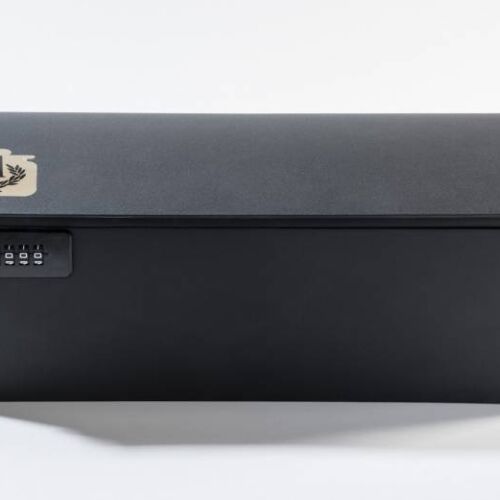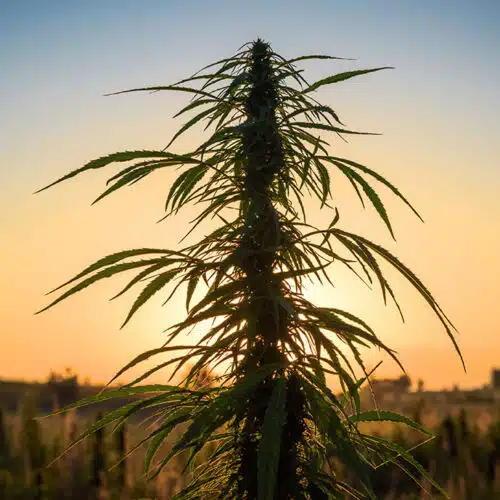ST. PAUL, MN — Severe pain soon will be a reason Minnesotans may use medical marijuana, something supporters say will reduce the need for powerful and often-dangerous prescription medicines.
Minnesota Commissioner of Health Dr. Ed Ehlinger announced on Dec. 2 his decision to add intractable pain as a qualifying condition for Minnesota’s medical cannabis program. He also called upon the state’s health care community to boost efforts to help patients deal with pain more effectively. There are nine specific conditions that qualify for using pills, vapors and oil made from the marijuana plant. Smoking it is not allowed under state law.
Here is the updated list of conditions:
- Amyotrophic Lateral Sclerosis
- Cancer/cachexia
- Crohn’s disease
- Glaucoma
- HIV/AIDS
- Intractable pain*
- Seizures
- Severe and persistent muscle spasms
- Terminal illness
- Tourette’s Syndrome* Takes effect August 1, 2016
In making the announcement, Commissioner Ehlinger acknowledged a range of views on the issue as well as the difficulty of making a public health decision without the benefit of an abundance of solid, scientific evidence about benefits and risks.
“The relative scarcity of firm evidence made this a difficult decision,” Commissioner Ehlinger said. “However, given the strong medical focus of Minnesota’s medical cannabis program and the compelling testimony of hundreds of Minnesotans, it became clear that the right and compassionate choice was to add intractable pain to the program’s list of qualifying conditions. This gives new options for clinicians and new hope for suffering patients.”
Those who favor Ehlinger’s move say the marijuana products could result in less use of drugs such as hydrocodone, oxycodone and morphine. Those medicines, known as opioids, increasingly are being abused across the country.
Opioid addiction was one reason Ehlinger said he decided to allow those suffering from severe pain, which cannot be relieved by other means, to use marijuana extracts.
The only two companies allowed to grow marijuana in Minnesota said Ehlinger’s decision will improve health.
“Opioid use kills more Minnesotans than homicide or car wrecks,” LeafLine Labs CEO Manny Munson-Regala said. “States with medical cannabis laws have lower annual opioid overdose deaths than states without such laws.”
Minnesota Medical Solutions CEO Kyle Kingsley said that his firm can provide an alternative to “opioids and other highly addictive and dangerous prescription pain medications.”
Marijuana supporters say it is virtually impossible to overdose on products from the plant, while about 46 Americans a day die from opioid overdoses.
It was not an easy decision, Ehlinger said, because there is little scientific proof that marijuana products help, but they likely will cause no greater harm to a patient.
“Pain management is a difficult process and existing tools are not working well,” he said.
Wednesday’s decision could greatly increase the number of Minnesotans using medical marijuana. The director of the state medical cannabis program, Michelle Larson, said more than 700 patients receive the medicine under a law that began July 1.
Patients will be able to enroll for pain management marijuana on July 1 and pick it up a month later.
While Ehlinger had no estimate about how many Minnesotans would seek pain relief from marijuana, some supporters put the number in the thousands.
Not everyone agreed Ehlinger’s decision was right.
“The Legislature voted to allow the narrowest legalization of marijuana in the country,” Rep. Matt Dean, R-Dellwood, said. “Those supporting this bill could have included ‘intractable’ pain as a qualifying condition, but chose not to.”
However, the law gave the health commissioner power to annually add conditions that can be treated with marijuana extracts.
Twenty-three states allow marijuana use for some medical problems, and now just four of them do not allow it for pain.


